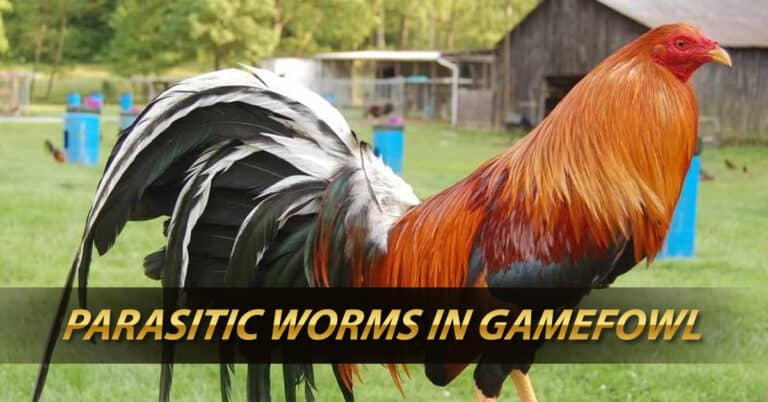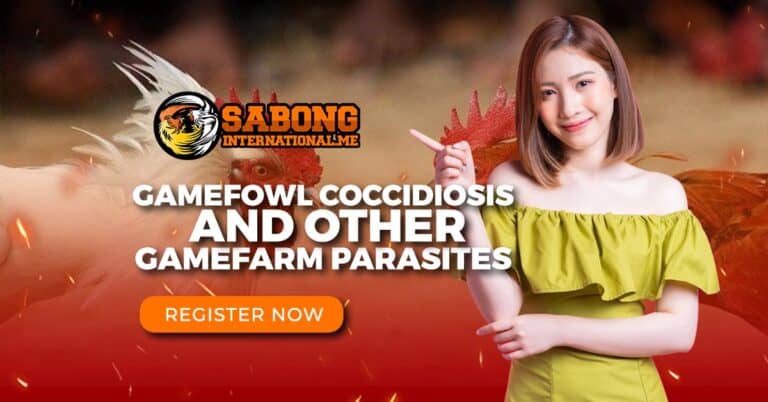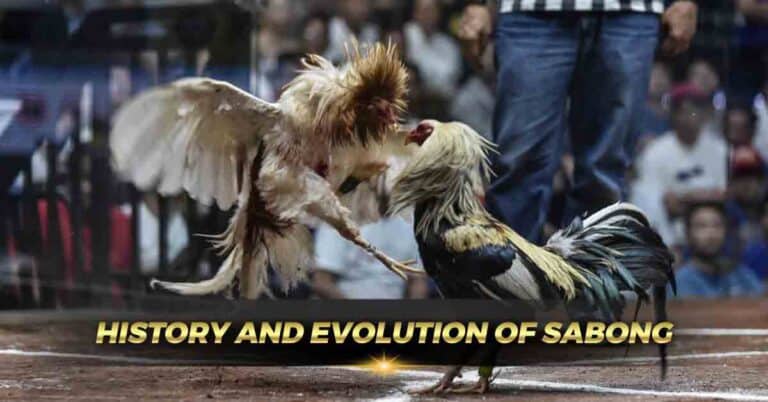What are the Differences between Inbreeding and Crossbreeding?
Gamefowl bloodlines are continuously being developed by using different breeding methods and crossing different breeds. The goal is to create a deadly bloodline by mixing certain breeds and bloodlines with favorable characteristics to try and pass these traits to their offspring. Brood cocks are chosen to develop new bloodlines and some breeders specifically develop their own bloodlines from otherwise failing bloodlines.

One breed of gamefowls developed from a stock of poorly performing chickens is the Sweater. The Sweaters were first deemed to be unfit for competitive matches, but it was then developed by Carol NeSmith. Today, it is well known in the Philippines and South America for winning many derby fights and competitions.
How did Carol NeSmith and other breeders develop deadly breeds and gamefowl bloodlines? The answer is by inbreeding and crossbreeding chickens and this article by Sabong International will provide more information about these methods.
Different Sabong Breeding Methods
Breeders frequently use two common gamefowl breeding methods to develop and create bloodlines and sabong breeds to send out to the cockpits. These are inbreeding and crossbreeding chickens to fix certain breeds and develop new bloodlines.

What is Inbreeding?
Inbreeding is pairing a gamefowl or brood cock and brood hen that belongs in a single bloodline. This is meant to help breeders produce the best fowls with the best traits that their parents possess and expose the breed’s genetic weakness. The more breeders inbreed their fowls, the more like genes are fixed since crossing chickens reduces the chances of passing down traits by about 60 percent. Basically, the purpose of inbreeding is to fix traits and ensure that they can produce chickens with the best traits for the breed or specific bloodline.
This sabong breeding practice is not perfect and there is a chance of producing defectives as a result of inbreeding. Some failures must be culled to keep the bloodline clean and keep more defects from appearing. When breeding for the perfect chickens, breeders must also carefully cull their normal products to reduce the chances of producing more normal chickens and ensure that they can produce the best fowls.
Breeders will need to maintain accurate and comprehensive records of the produced fowls to single out their best traits and help decide which ones to use for further inbreeding or for when finally crossing with other breeds. Maintaining records also helps ensure that breeders can retain the best chickens and remove any unwanted offspring.
Advantages of Inbreeding
Disadvantages of Inbreeding
What is Crossbreeding?
Crossbreeding is pairing a gamefowl or brood cock and a brood hen of another breed. This is meant to combine the good qualities of different breeds and bloodlines to create a better breed, oftentimes a deadlier breed fit for competitive matches.
Crossing breeds isn’t limited to crossing only two different breeds and many breeders have also developed their own bloodlines. J9G Gamefarm is one game farm that crossed with three breeds to create one of its signature bloodlines, the J9 White Pearl.
Breeders can choose from three different crossbreeding methods when attempting to create a new bloodline:
Breeders should keep in mind that crossbreeding produces hybrids and there is still a possibility of producing fowls with the undesirable traits of their parent breeds. It’s important to keep an accurate record of the different offspring to ensure that only the best dominant traits are retained and that weak birds can be culled.
Basically, inbreeding is meant to fix traits and produce superior chickens, while crossbreeding means to add another breed’s or bloodline’s traits to a new strain.
Which Sabong Breeding Method Should Breeders Use?
Breeders will typically only have the choice to crossbreed when they have a stock of chickens of different breeds and bloodlines. If a breeder started out with a stock from only one breed, they’ll pretty much have to start inbreeding first to develop it until they can afford to get more brood hens or brood cocks from other breeds.

Focusing on inbreeding can help breeders improve upon their starting stock to compete in derbies and win to then be able to cross with other breeds. But breeders who already have multiple breeds in their stock, including known brood cocks, can experiment with crossbreeding to develop a signature strain and bloodline of their own. Still, it’s important to keep in mind that breeders must know what they’re doing to ensure that they produce great chickens instead of having plenty of fowls with undesirable traits.
Additionally, breeders will have other gamefowl breeding options to develop their breeds, including the Norman and Narragansett methods of linebreeding, out-breeding, and Oriental Grade breeding. Like with the standard inbreeding and crossbreeding methods, breeders must have ample knowledge of these methods to be able to develop their strains correctly.
Conclusion
Both inbreeding and crossbreeding are valid methods to develop a certain breed or bloodline to improve upon their stock chickens and create deadlier strains that can dominate the cockpits. Of course, breeders must ensure that all of their chickens are healthy to keep themselves from losing big by having a disease destroy their efforts in developing a breed or a new strain of gamefowl.










